“Nothing should be ruled out” said French President Emmanuel Macron when asked about possibilities of sending troops to Ukraine. By speaking about going to war, Macron may have aimed to dispel a long-standing joke about the French always surrendering. However, both French and NATO leaders have publicly rejected the idea of sending European or alliance troops to Ukraine. Prominent figures such as U.S. President Joseph Biden, German Chancellor Olaf Scholz, Polish Prime Minister Donald Tusk, NATO Secretary-General Jens Stoltenberg, and others have asserted that such action is not on the table. The widespread domestic and regional opposition implies that even if Macron was genuinely considering sending troops to Ukraine, he would not receive the necessary support for such a radical decision.
A Losing Bet
While Macron likely recognizes the impracticality of deploying troops to Ukraine and the potential repercussions of such a decision, his actions are pitched toward sending a specific message, particularly to the French and European public. This move follows accusations of his perceived proximity to the Russians, especially given his earlier plea for the West to avoid “humiliating Russia” just after its ongoing invasion of Ukraine.
This recent statement is just an instance of the French president trying to gain a geopolitical advantage. This is particularly evident as the upcoming European elections draw near, with Macron aiming to secure votes for his party. The party appears to be losing ground against the far-right, a trend underscored during the parliamentary vote on the new French migration law in December which was explicitly hailed by Marine Le Pen as a victory for the far-right.
Subsequently, Macron tried to gain an advantage over the far right, prompted by a report by a European security service, these findings asserted that Russia was increasing its efforts to subvert French backing for Kyiv. The evidence pointed to a concealed propaganda front operating in Western Europe, as detailed in Kremlin documents and interviews with European security officials and figures within the French far-right.
However, Macron’s strategic moves appear to be based on dwindling public support for Ukraine among the French citizenry. Recent polling figures reveal a lukewarm and rapidly diminishing sympathy for Ukraine in France. While 58% of the French still hold a positive impression of Ukraine, this marks a 24-point decline since the outbreak of the war. Moreover, only 50% support arming Ukraine, a 15-point drop from the early days of the conflict in 2022.
Support is not only waning within France but throughout the continent. Declining support can be attributed to various factors, including a waning belief in the possibility of victory against President Vladimir Putin; only 10% of Europeans believe in a victory for Kyiv according to a poll carried out in 12 EU countries by the European Council on Foreign Relations. Furthermore, internal issues such as economic conditions and farmers’ discontent have lowered support for Ukraine, leading to one farmer arguing that Ukraine is “not a European country” and “has nothing to do with our history”.
Macron’s seemingly irrational approach stands out among French politicians, who are well aware that such rhetoric does not give him his desired prestige. Opposition forces, spanning the far-right and far-left, with Jean-Luc Mélenchon saying that it was “madness” to pitch “one nuclear power against another nuclear power”, and more mainstream forces like the Socialist Party and Les Républicains, have collectively condemned the French president’s assertive posturing, portraying a united front against his perceived muscle-flexing.
Beyond Paris
Macron’s words did not only reverberate within the French territory but echoed through the European continent. His declaration was met with clashes with his European counterparts especially Berlin accused Paris of “not doing enough” in support for Ukraine.
NATO leaders had consistently rejected the deployment of troops to Ukraine from the beginning of the conflict, a stance adopted even before the Russia’s complete invasion. The overarching policy remained steadfast: a commitment to supporting Ukraine’s self-defence efforts while categorically refusing any direct military engagement. For instance, Scholz defended his persistent denial of sending Germany’s Taurus long-range cruise missiles to Ukraine by expressing concerns that their deployment might necessitate the presence of German troops in Ukraine for programming. According to Scholz, such involvement would transform Germany into a direct participant in the ongoing conflict.
Accusations have been exchanged between Berlin and Paris, with Germany contending that France’s military assistance to Ukraine is comparatively limited. Germany has committed €17.7 billion in direct military aid over the past two years. Despite this, Paris is asserting the military significance of its contributions, such as providing long-range missiles that Berlin has declined to supply.
However, numbers show that the French are really lagging behind the Germans when it comes to support for Ukraine. Not only Berlin, but the U.K. as well as the Nordic states come before Paris in that matter. This adds to the argument presented above which stipulates that Macron’s announcement was merely propaganda in an effort to gain some prestige, let it be on the national or the European level.
This prompted numerous commentators, labelling Macron as the “petite Napoleon” accusing him of attempting to craft an image for himself within both the European and international communities without taking substantive actions to support Ukraine.
Not only have major European capitals rejected the idea of sending troops to Ukraine, but it was also evident among Eastern European countries, who would feel more at jeopardy in case of NATO’s direct involvement in the war with Moscow. Hungarian Prime Minister Victor Orban expressed his countries fears by asserting that his government is worried to see weapons supplies to Ukraine and is afraid that some EU countries may deploy its troops. In subsequent instances, Poland and the Czech Republic reiterated their stance against deploying troops to Ukraine.
Countries situated on the eastern flank of Europe, particularly southeastern European populations such as Slovakia, Hungary, Romania, and Bulgaria, consistently express an inclination toward pro-Russian sentiments. They tend to be more cautious about endorsing policies that directly challenge Putin, which essentially means a general public reluctance to engage in direct conflict with Moscow.
Meanwhile, Putin hastened to threaten nuclear war in response to the potential deployment of European troops to Ukraine, in one of his most explicit nuclear warnings yet against the West. However, it appears that Russians continue to find humour in jokes about French surrenders and are not inclined to take their statements seriously; when asked about the French president’s comments on Ukraine at the Antalya Diplomacy Forum, Russian Minister of Foreign Affairs Sergey Lavrov responded with laughter.
Finally, Macron’s comments on ground troops in Ukraine have justifiably ignited a debate, casting doubt on their strategic prudence. This assertion may jeopardize his credibility among the French citizenry, Europe, and the international community. The suggestion to mobilize NATO forces for direct involvement in a war with Russia has the potential for a serious intensification of hostilities. Such an escalation not only risks expanding the scope of the war but also entails the danger of leading to a nuclear confrontation, culminating in mutually assured destruction.
References
Agency, Russian. “Hungary Afraid That Some EU Countries May Send Its Troops to Ukraine — PM.” TASS RUSSIAN NEWS AGENCY, 2024. https://tass.com/world/1582249
Angelos, James, and Joshua Posaner. “Scholz and Macron Feud over Arms for Ukraine.” POLITICO, February 28, 2024. https://www.politico.eu/article/olaf-scholz-and-emmanuel-macron-feud-over-ukraine-aid/?utm_source=LinkedIn&utm_medium=social
Belton, Catherine. “Russia Works to Subvert French Support for Ukraine, Documents Show …” The Washington Post, December 30, 2023. https://www.washingtonpost.com/world/2023/12/30/france-russia-interference-far-right/
Caulcutt, Clea. “Macron Wants to Lead Europe on Ukraine. France May Not Let Him.” POLITICO, February 28, 2024. https://www.politico.eu/article/macron-wants-to-lead-on-ukraine-but-france-might-not-let-him/?utm_medium=social&utm_source=LinkedIn
Leven, Denis. “Putin Threatens NATO with Nuclear Strike If It Sends Troops to Ukraine.” POLITICO, February 29, 2024. https://www.politico.eu/article/vladimir-putin-new-speech-ukraine-war-transnistria-nato/?utm_source=LinkedIn&utm_medium=social
Medien, Ifw. “Government Support to Ukraine: Type of Assistance, € Billion.” Create, find and reuse interactive data visualizations – 23°, February 15, 2024. https://app.23degrees.io/view/tAuBi41LxvWwKZex-bar-stacked-horizontal-figure-2_csv_final
Rinke, Andreas, and Mathias Williams. “Germany’s Scholz Rules out Western Ground Troops for Ukraine | Reuters.” Reuters, February 28, 2024. https://www.reuters.com/world/europe/germanys-scholz-rules-out-western-ground-troops-ukraine-2024-02-27/
Tharoor, Ishaan. “Foreign Troops in Ukraine? They’re Already There. – the Washington …” The Washington Post, February 28, 2024. https://www.washingtonpost.com/world/2024/02/28/foreign-troops-ukraine-theyre-already-there/
World, TRT. “TRT World on Instagram: ‘“Hahahah” Russian Minister of Foreign Affairs Sergey Lavrov Laughed off a Question Regarding the French President’s Remarks on Ukraine during the Antalya Diplomacy Forum.’” Instagram, February 29, 2024. https://www.instagram.com/reel/C3-VrxzoW9Q/?igsh=dHZqZnVyZzc3MXQw


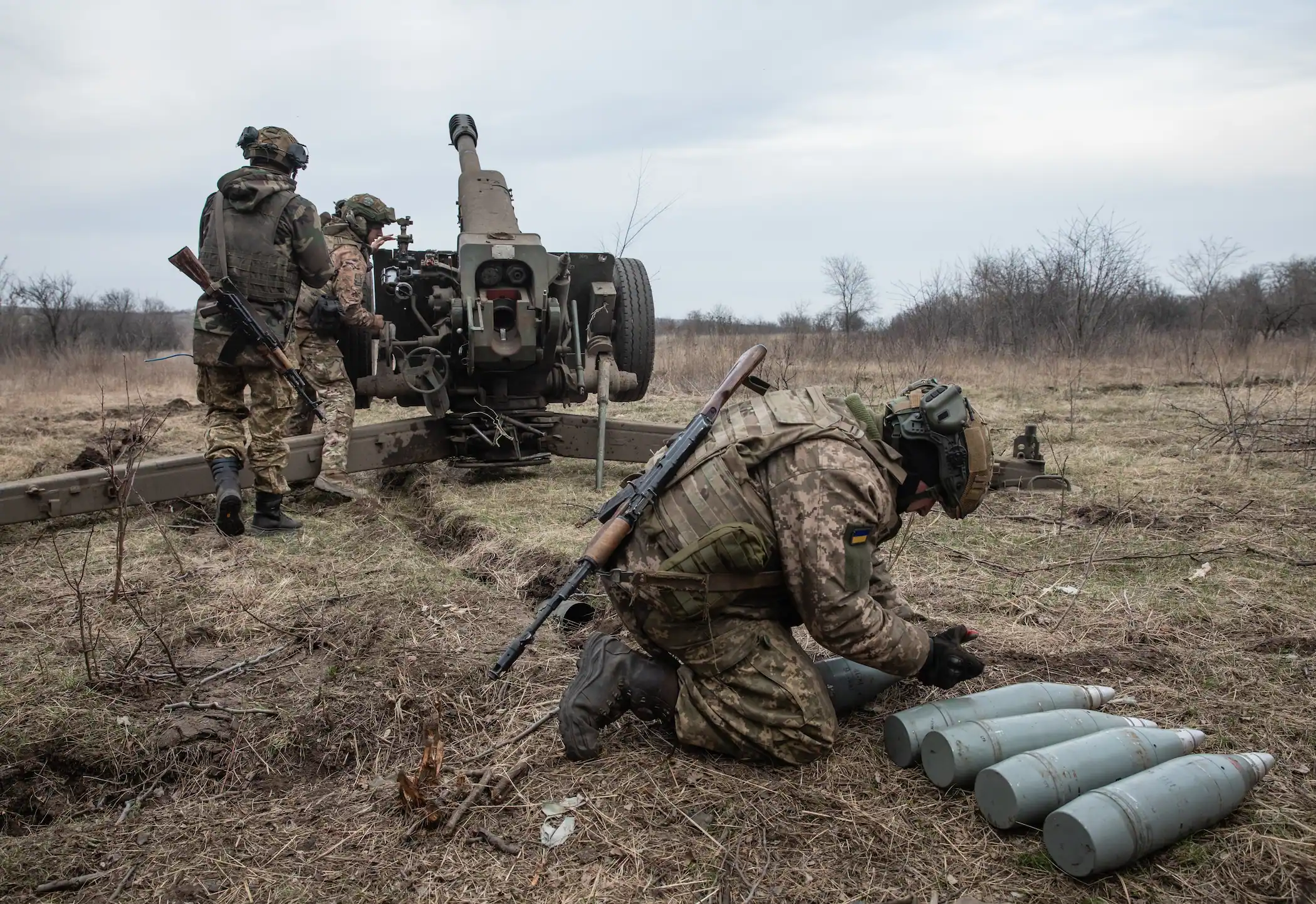
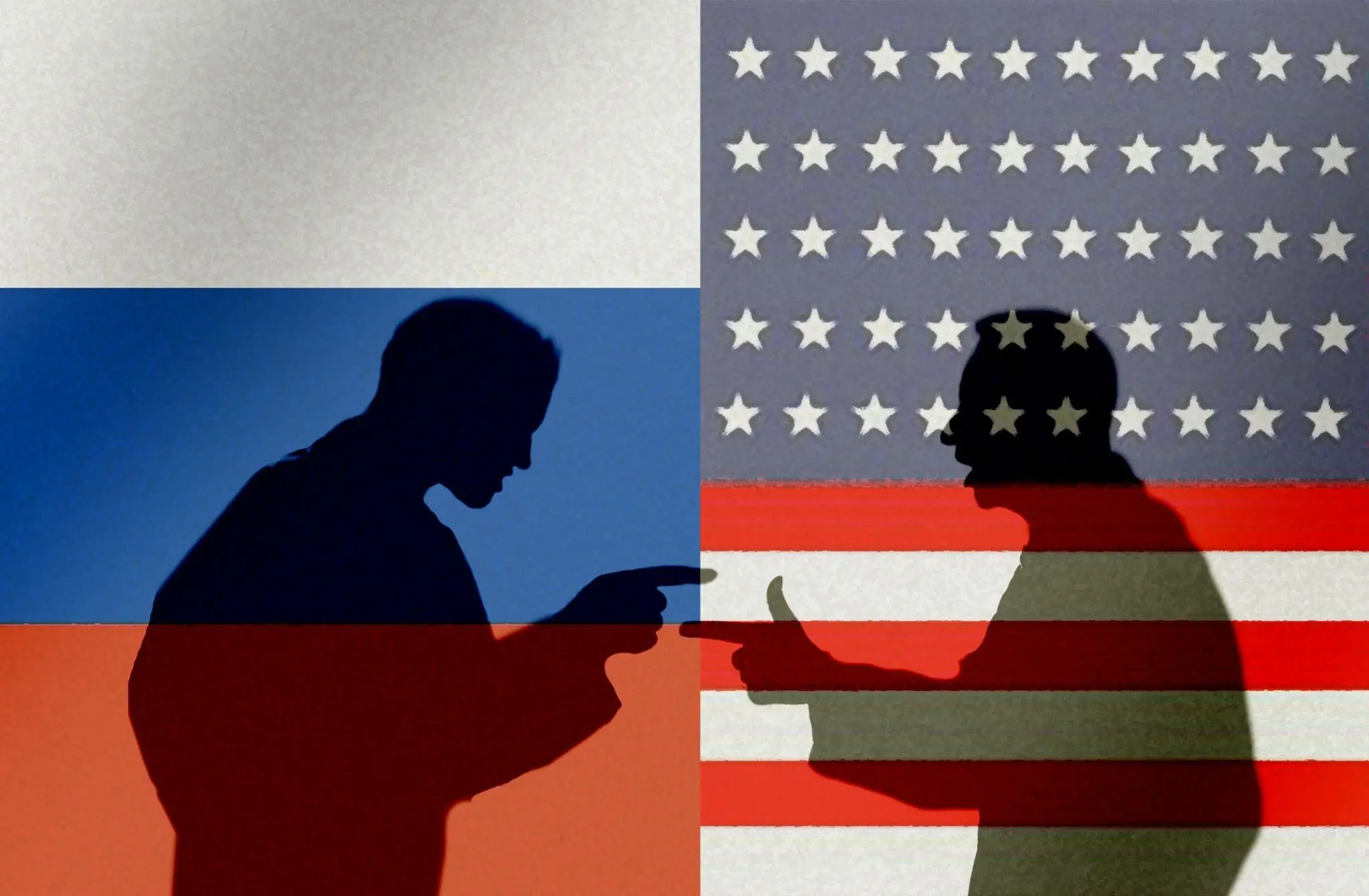
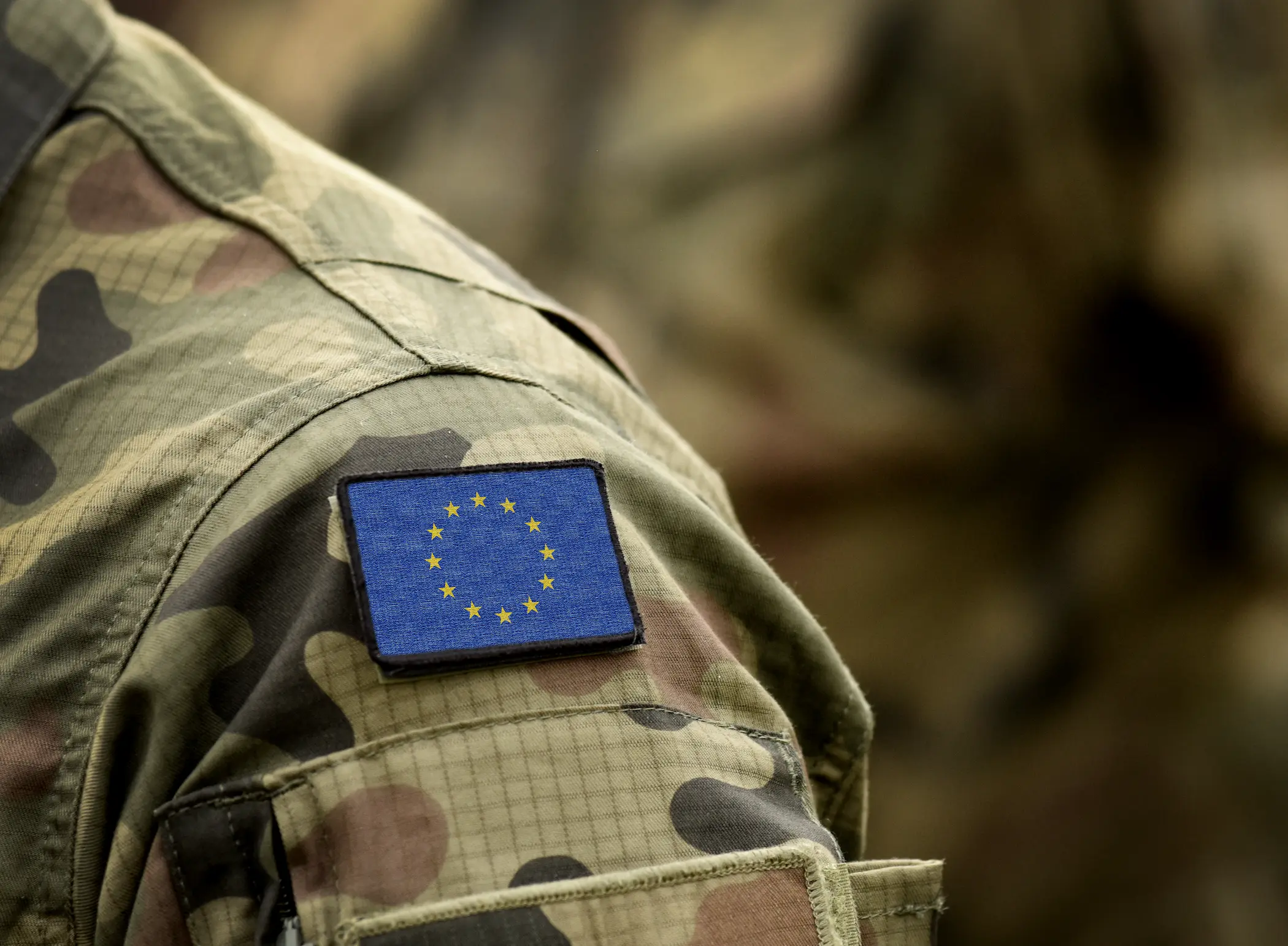


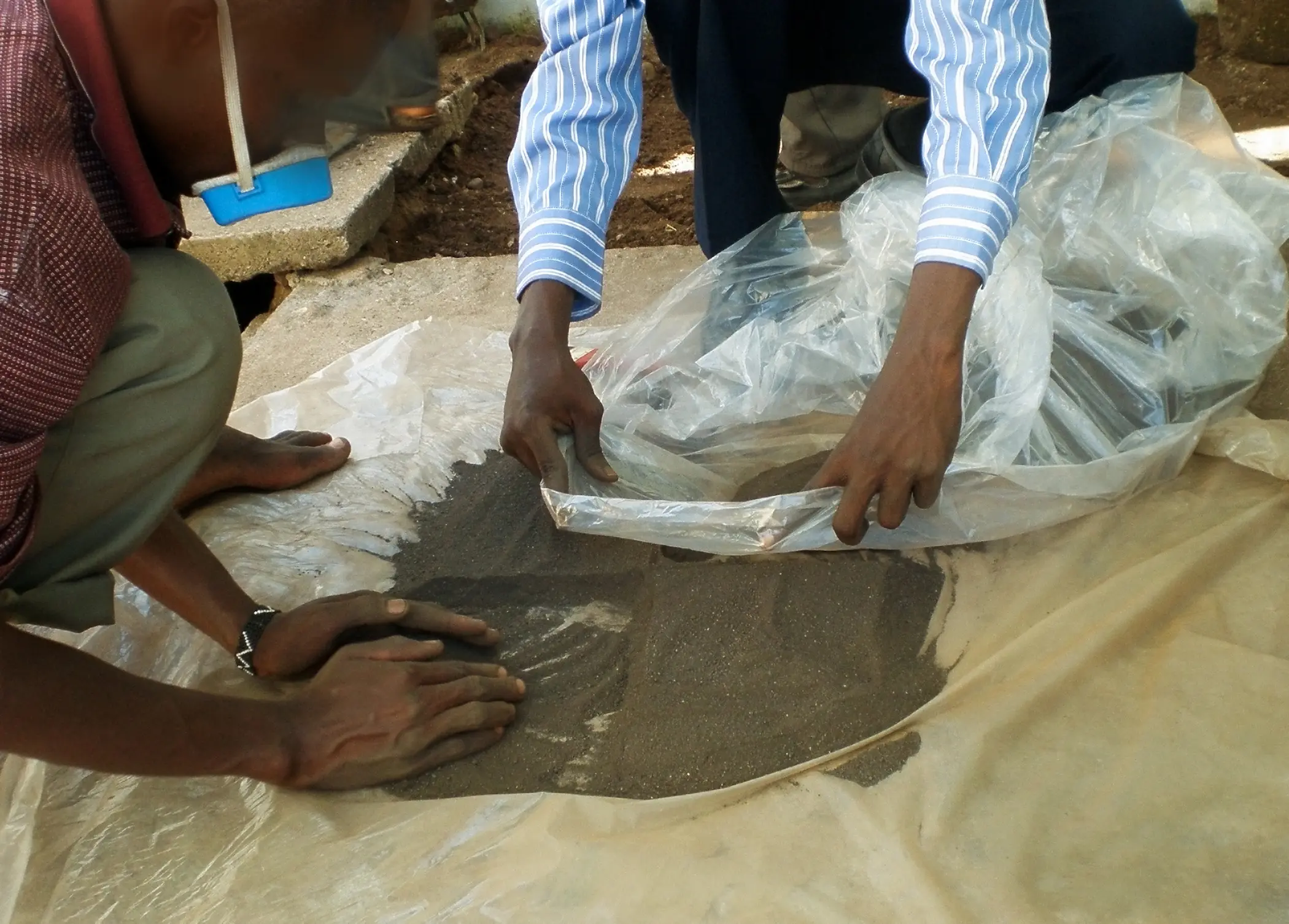

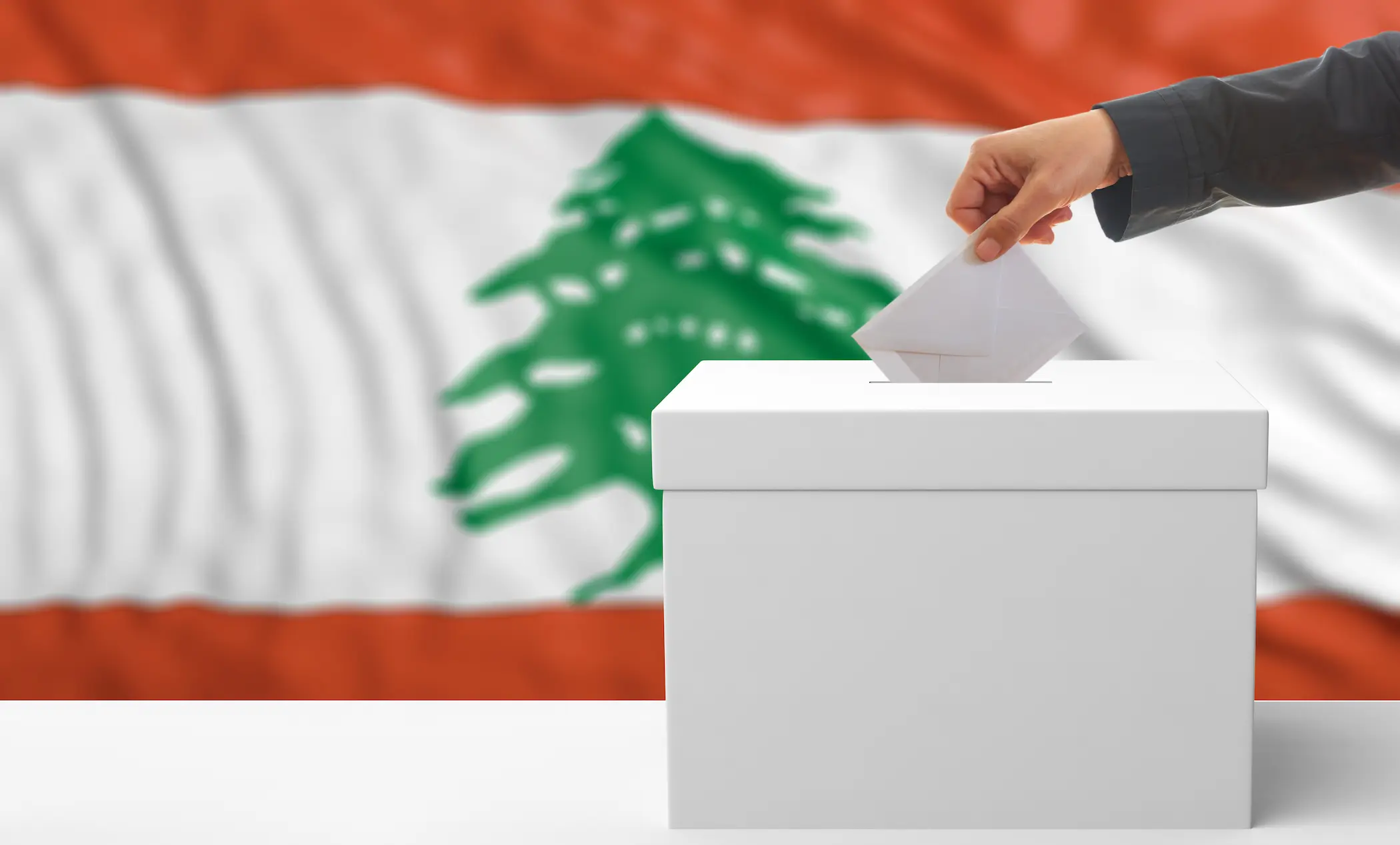
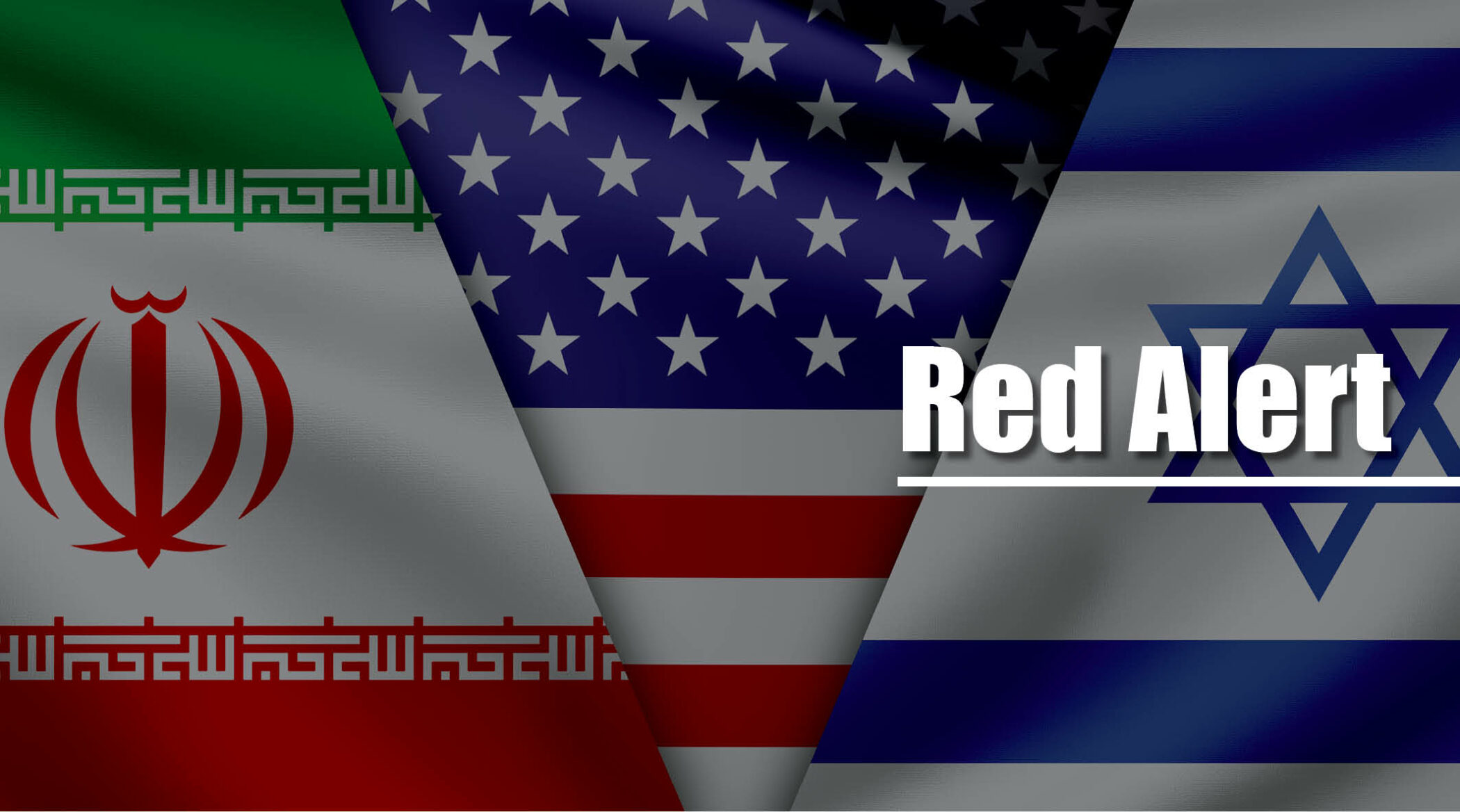
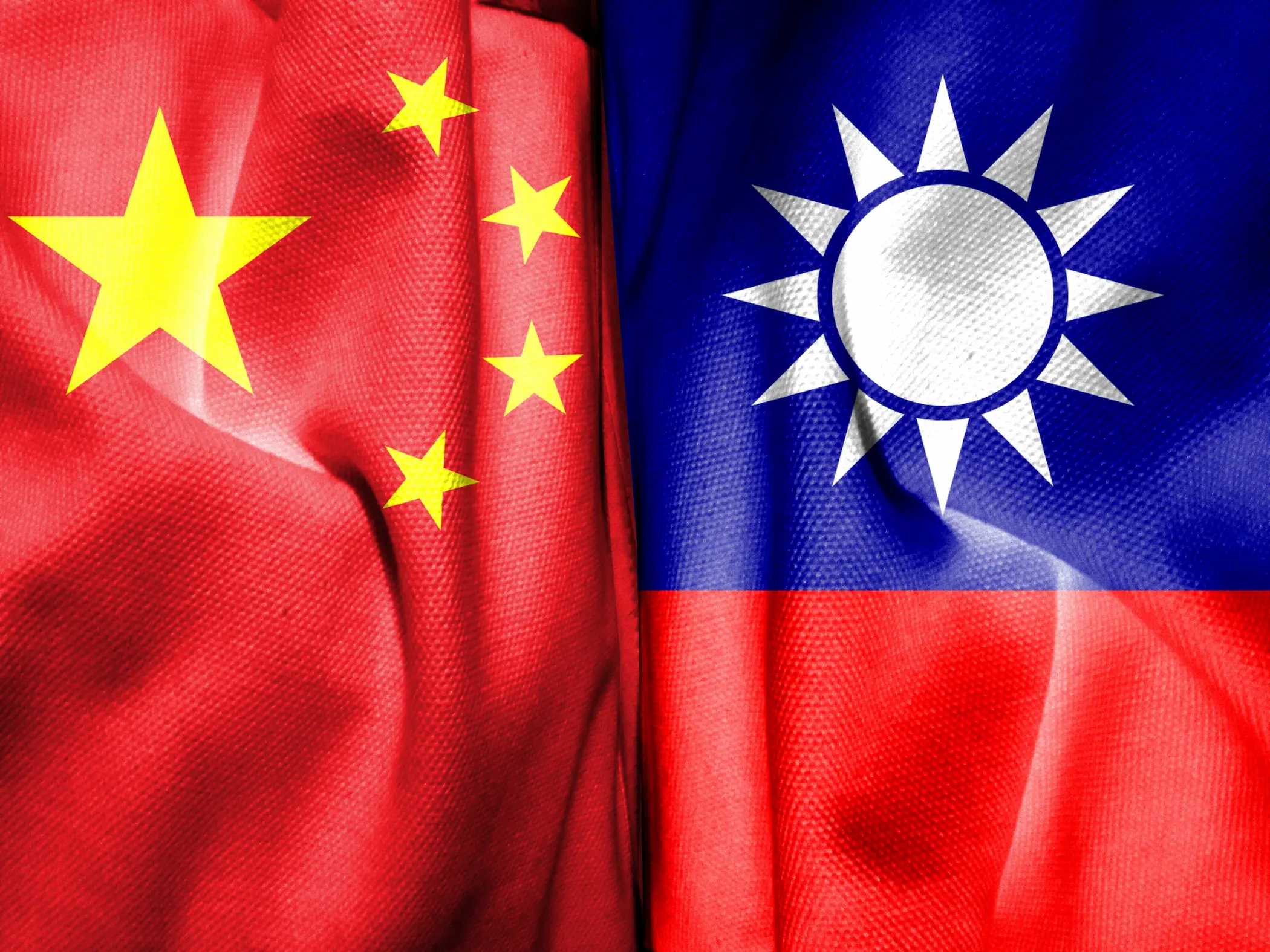






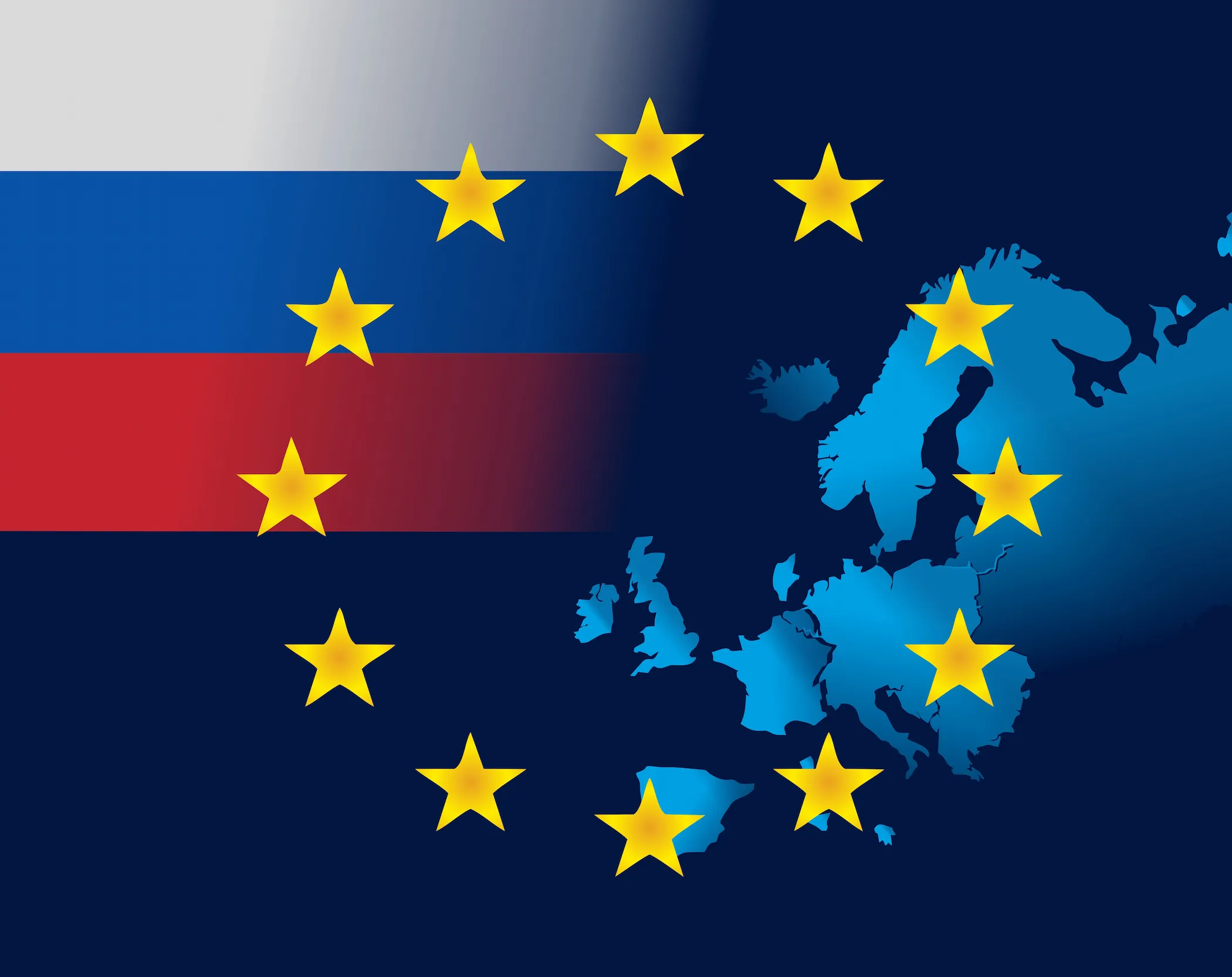
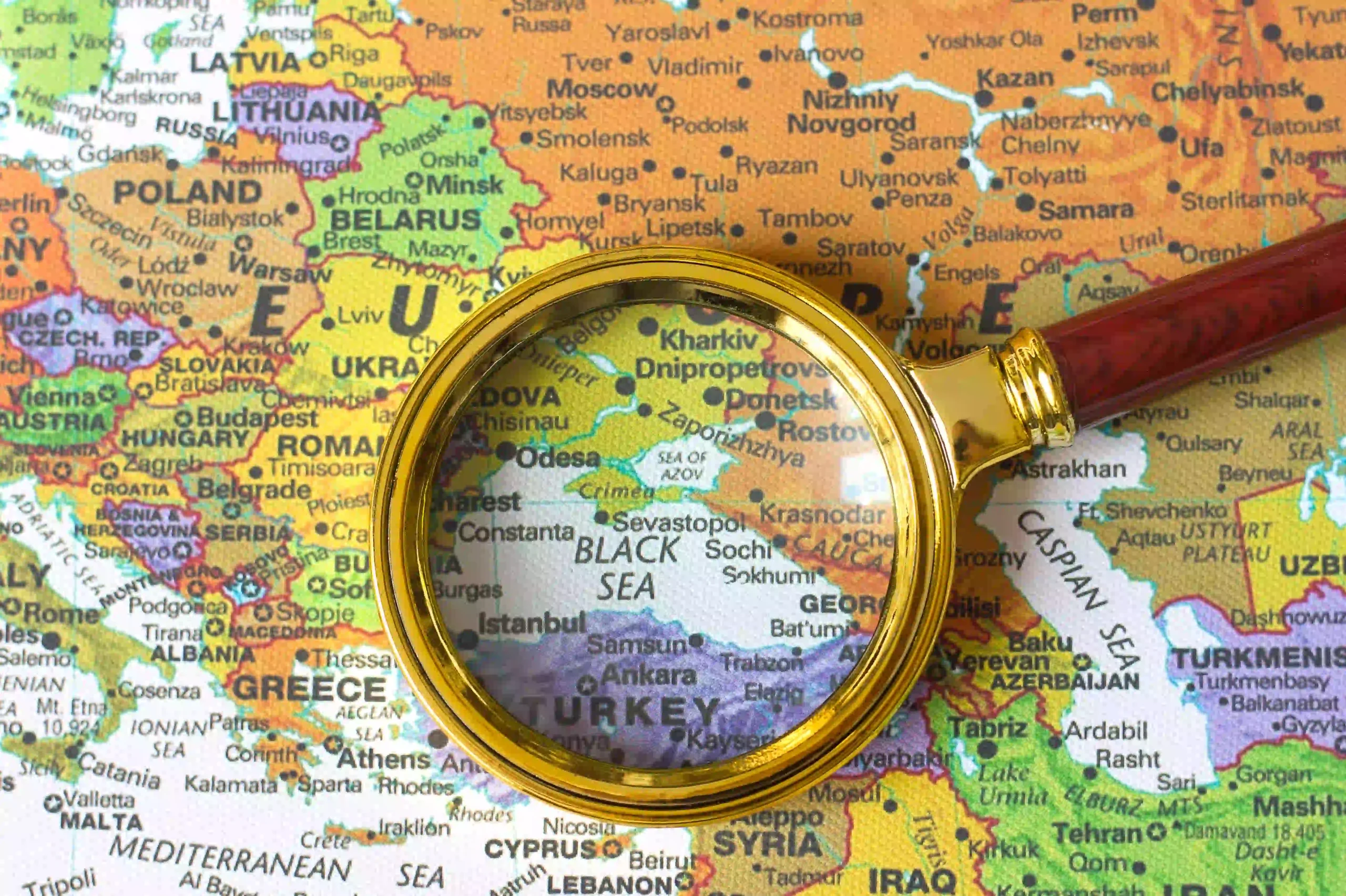
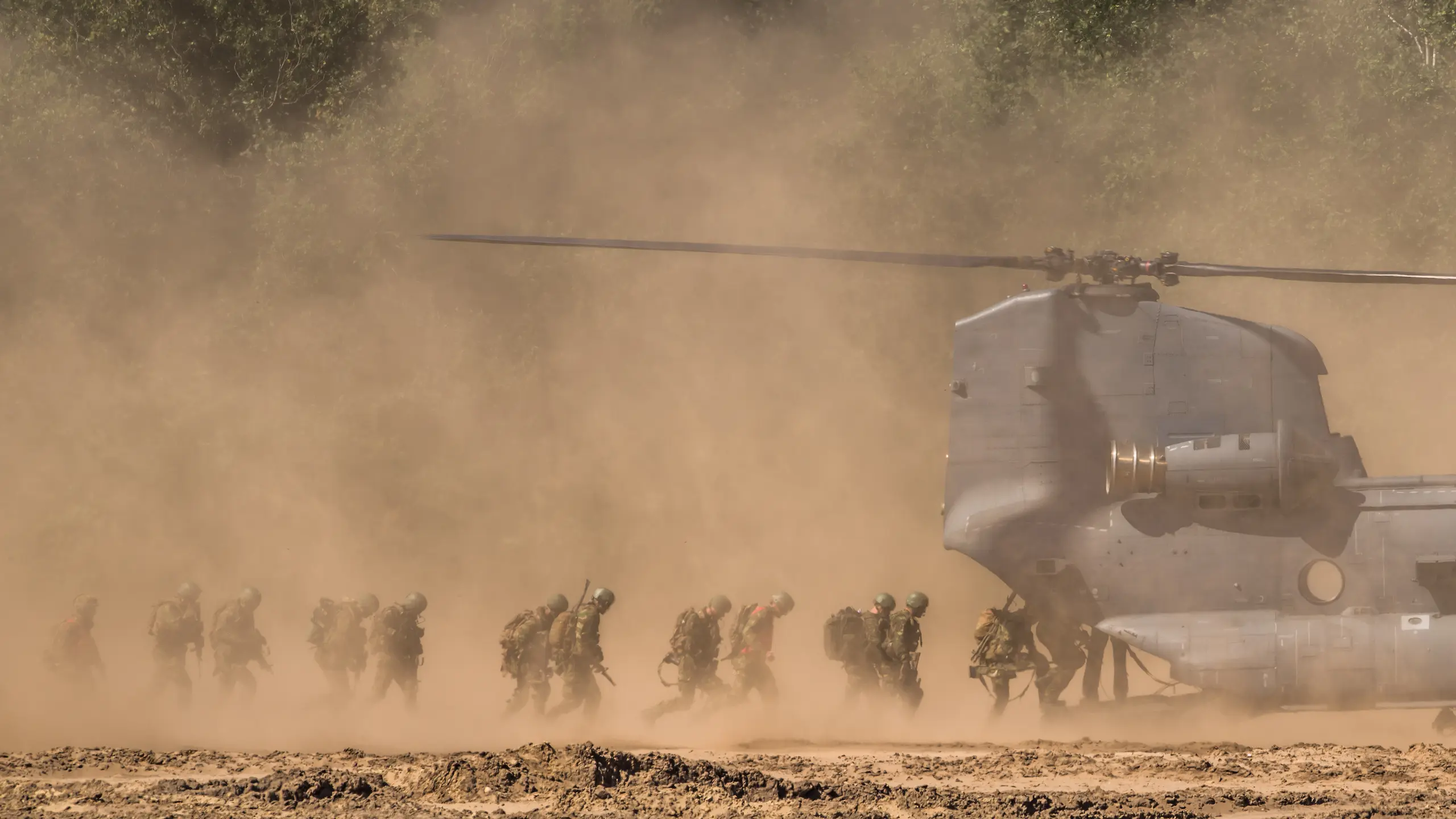
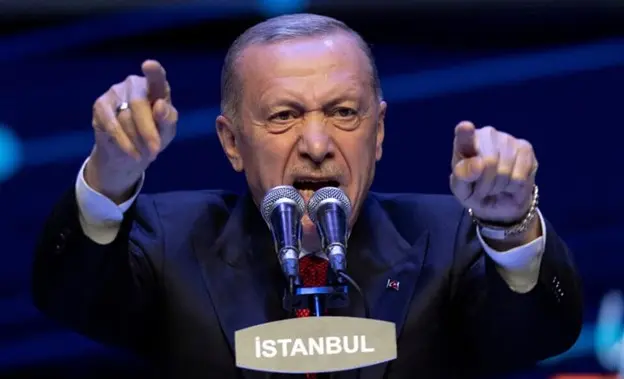
Comments